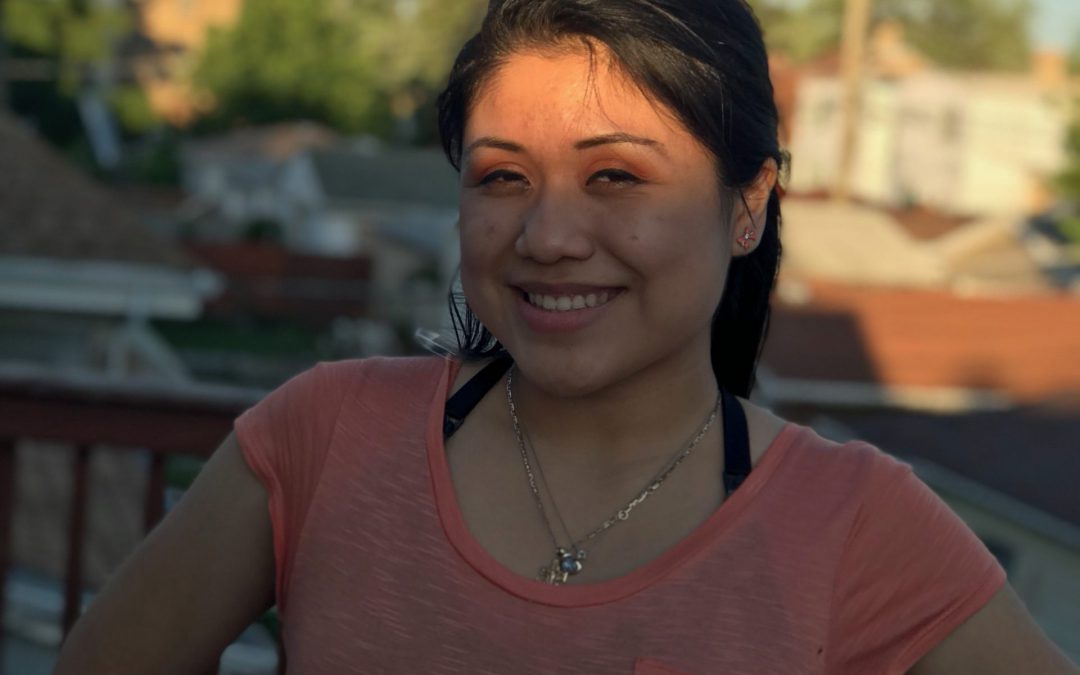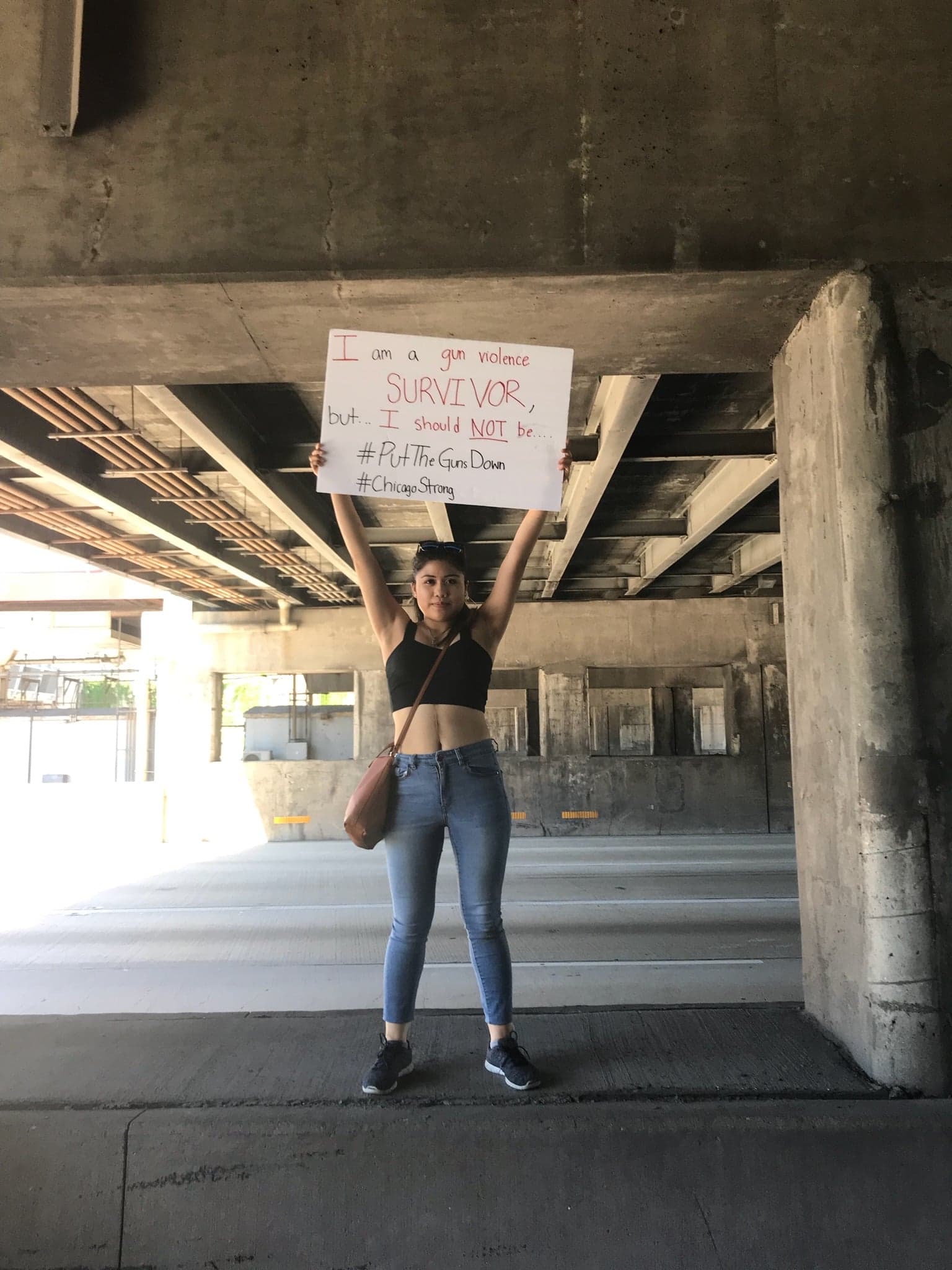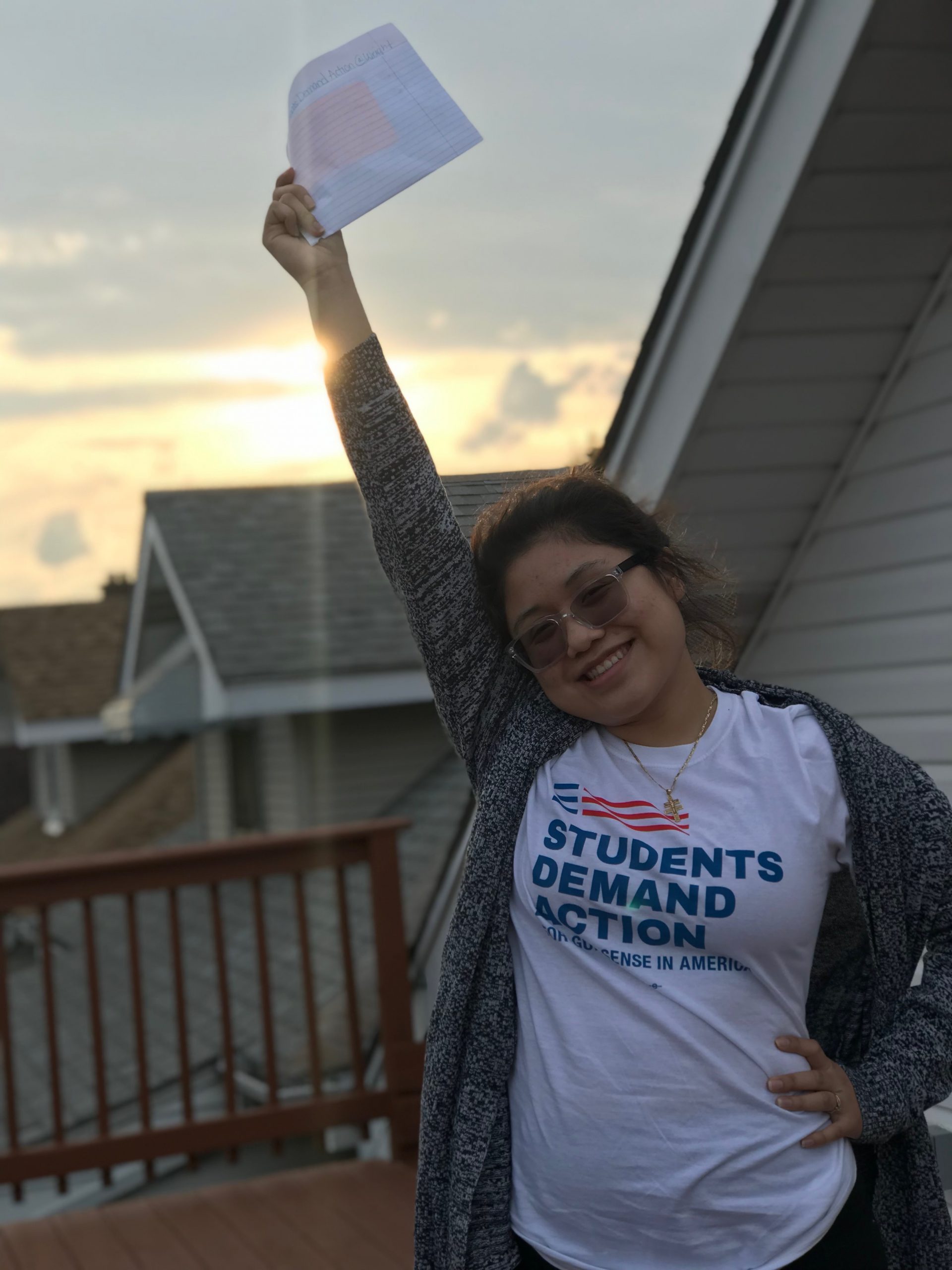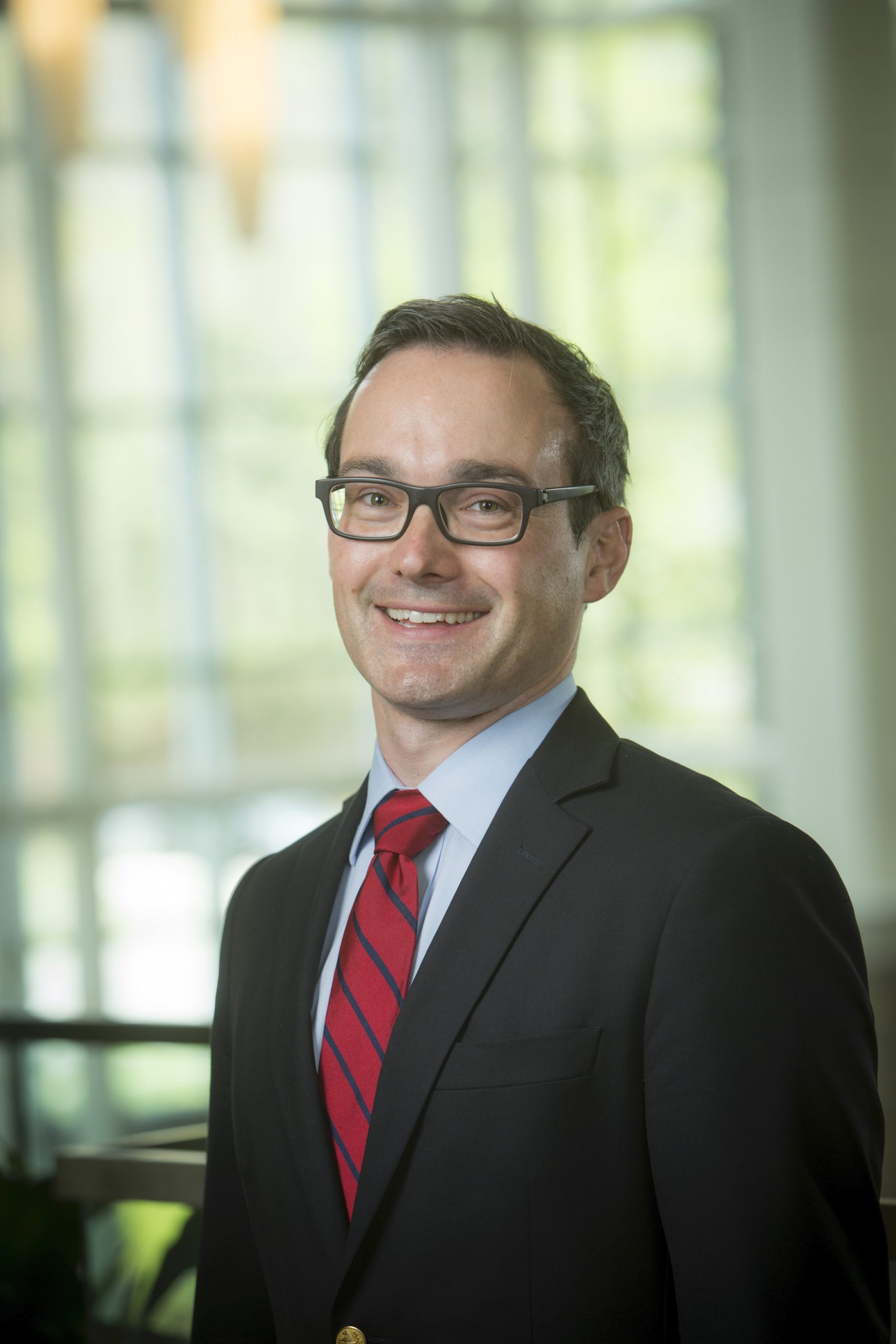WASHINGTON — On the night of February 25, 2018, then-19-year-old Kathy Pisabaj’s life changed forever.
“My boyfriend was driving me home, and a man just came from the back of the car, shot straight toward the car and shot me,” Pisabaj said.
At about 9:35 p.m. in Chicago’s Logan Square neighborhood, Pisabaj was shot in the back. Her lung collapsed, leaving her in critical condition.
Pisabaj is not alone. In 2018, an estimated 18,921 people nationwide were injured by guns and survived, according to the Centers for Disease Control and Prevention. That same year, there were 1,321 gun deaths in Illinois and almost 40,000 nationally.
Two years later, Pisabaj has recovered physically, but she wrestles with trauma still and feels like she is missing out on the freedom that normally comes with turning 21.
A third-year at the University of Illinois at Chicago, she is a leader of the Illinois Virtual Field Office for Students Demand Action, the student movement of Everytown For Gun Safety, and a member of the 2020-2021 Students Demand Action National Advisory Board.
“Going through all the trauma of that night, and the recovery, and to this day, I feel like a sense of purpose and a sense of motivation, to really help spread the message of gun violence and how much it impacts people,” Pisabaj said.
Her focus now is on the election and getting voters to cast ballots with the needs to reduce gun violence on their minds as they choose candidates.
“I felt like this election really is a pivotal one. And when we’re talking about gun safety, Students Demand Action is really trying to educate registered voters about who to vote for and who is really going to be out there for us,” she said. “I think this election is way more important. And we can see it just by seeing the lines that are going to the polls already, the people that have already mailed into their ballots.”
Because of COVID-19, Students Demand Action has been mobilizing voters ahead of the upcoming election, registering over 100,000 voters, through events like virtual voter registration and phone banks.
For Pisabaj, voting for the first time since her shooting made her feel “super empowered.”
“I was just so happy that I got the chance to do so. I cast my my ballot and used my voice,” Pisabaj said. “Knowing that I am able to put it through and use my voice for the people that aren’t able to, I just felt empowered.”
Robert Spitzer, a political science professor at the State University of New York, College at Cortland and a member of both the National Rifle Association and the Brady Center, said a second term for President Donald Trump would result in “continued opposition to any new federal gun laws,” while a Joe Biden win would leave the potential for new legislation up to whichever party control of Congress.
“Under a President Biden, I think it’s pretty clear that he has made support for stronger gun laws, an important part of his issue platform,” Spitzer said.
Joseph Blocher, a professor of law and co-director of the Center for Firearms Law at Duke Law School, said that a Biden presidency could mean introduction of legislation to renew the federal assault weapons ban, to strengthen background checks under the National Instant Criminal Background Check System and to end immunity for gun sellers and manufacturers from liability suits.
Blocher stressed that Americans have more in common on gun legislation than they may think. First, though, the discussion would have to shift away from simplistic questions like, “Do you support gun rights or gun regulation?”
“It’s really just a false dichotomy … — we have always recognized in this country both gun rights and regulation. And that’s where the vast majority of Americans are,” Blocher said. “80 to 90% of Americans also support background checks. There’s a big overlap of people who believe both that there is this fundamental constitutional right, and that it can be subject to certain kinds of regulation.”
While there has been some concern that people may show up at polling place with guns, Spitzer thinks that gun violence at the polls is unlikely.
But he did worry that that voter intimidation using firearms paired with the inexperience of new gun owners is a “chief concern.”
“Either carrying firearms or behaving in a way that might be intimidating voters, it is certainly possible that it can happen,” he said. “And we have seen from recent gun statistics that more Americans seem to be buying guns, because they’re afraid of violence occurring around this period of time.”





